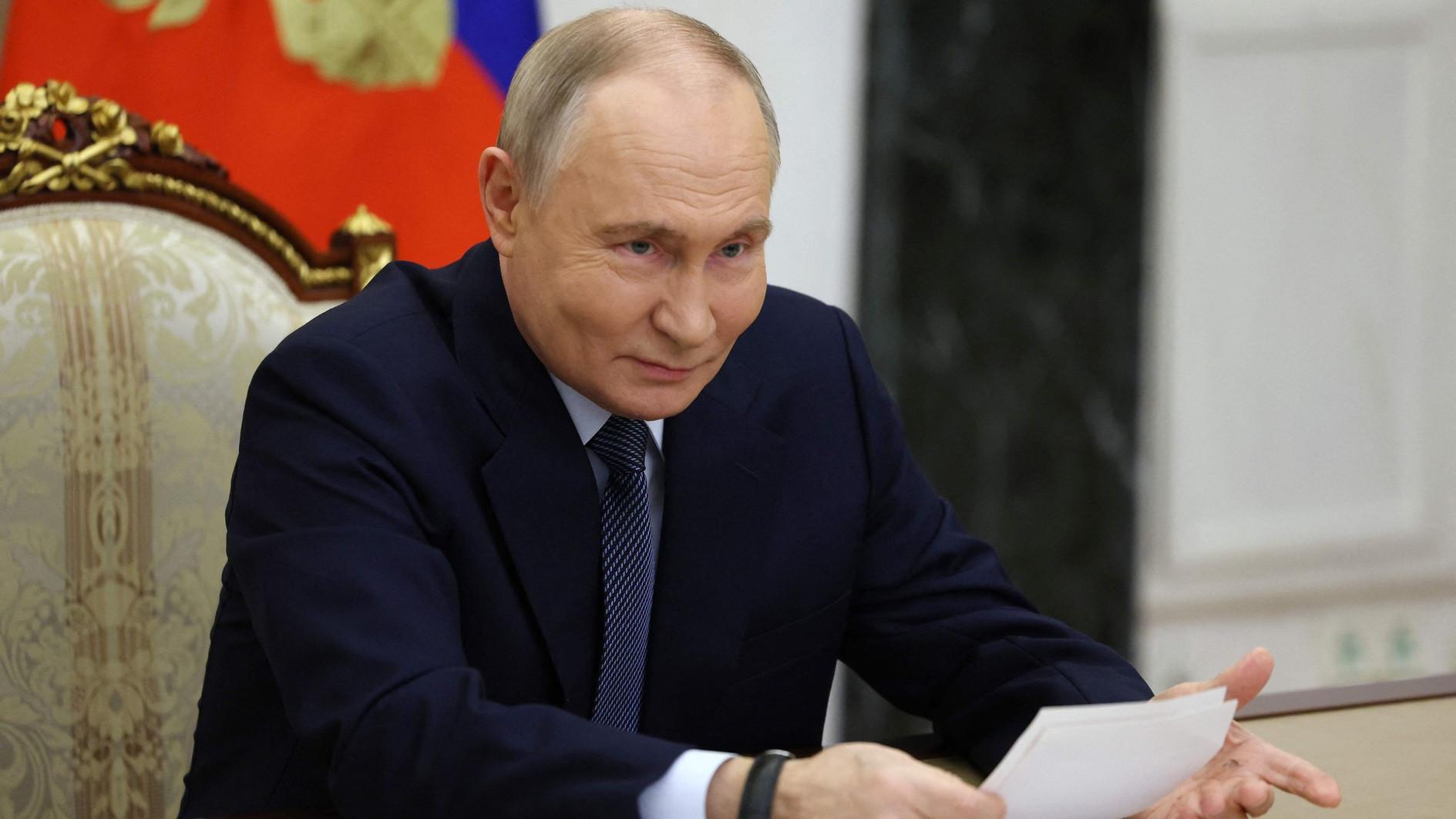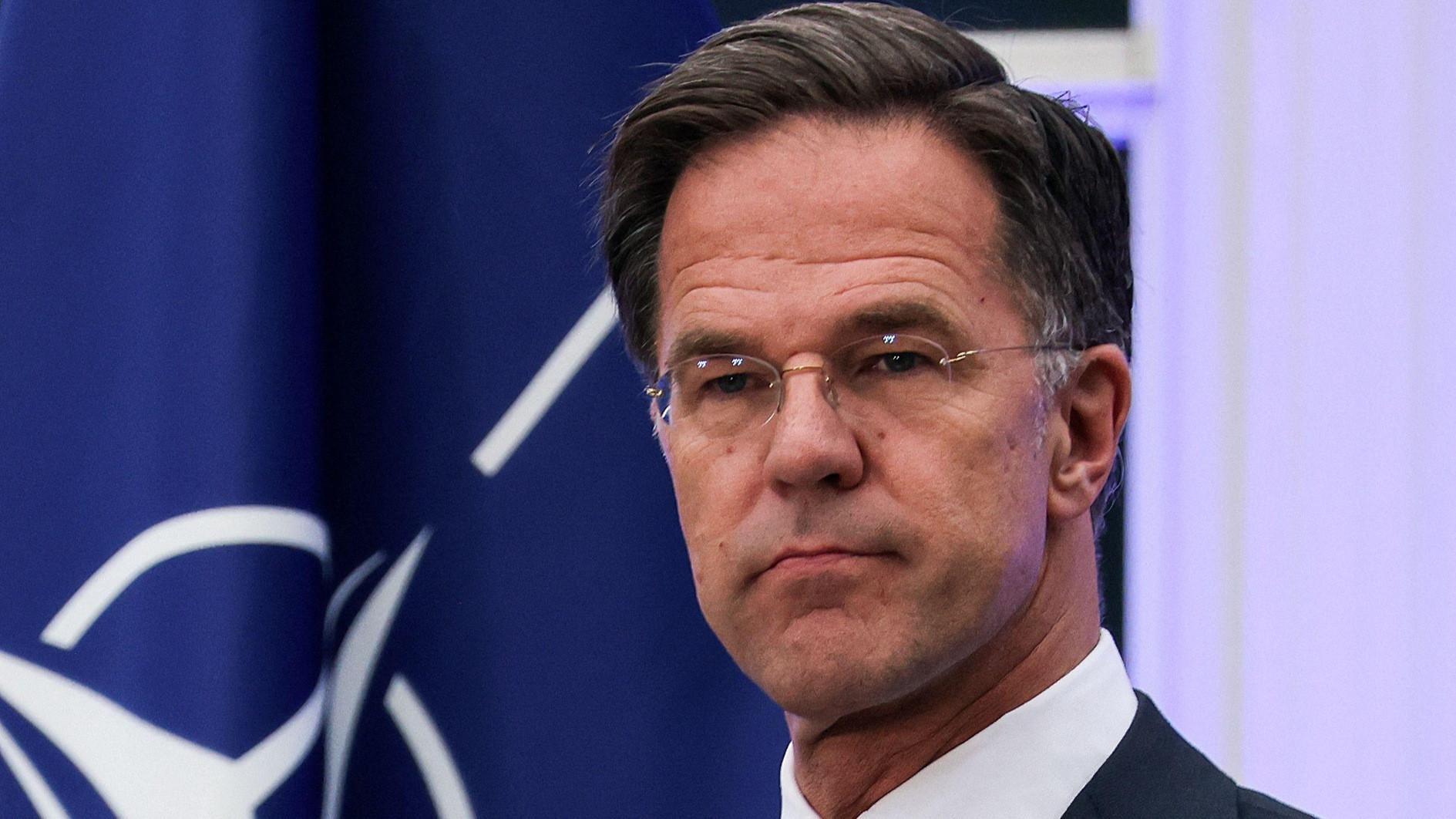Kremlin, Musk deny Russian army using Starlink
MOSCOW

The Kremlin on Monday rejected Ukraine's claims that Russian troops fighting on the frontline were using Starlink terminals.
Kiev's GUR military intelligence agency said it had evidence that Starlink internet terminals were being used on a "systematic" basis by Russian troops, accusing Moscow of "smuggling" them into the country.
Starlink, owned by Elon Musk's SpaceX, is a network of satellites in low Earth orbit that can provide internet to remote locations, or areas that have had normal communications infrastructure disabled.
"It cannot be officially supplied here and is not officially supplied here," Kremlin spokesman Dmitry Peskov told reporters on Monday.
"Accordingly, it cannot be officially used here in any way," he added.
The system is not active in Russia, meaning even a device inside Russia could not connect.
But Kiev has accused Russian troops of using the device across the frontlines in Ukraine.
"Starlink is freely available in Russia. Compared to last year, now the use of Starlink in the Russian army on the front line has become more systematic," Andriy Yusov, GUR spokesman said Monday on state television.
He said it would not "reveal all the details" of its claims.
Ukraine itself has widely used Starlink to ensure communications and connectivity for its troops during the two-year war.
Musk called reports SpaceX had sold Starlink terminals to Russia "categorically false," in a post on his X social media platform.
"To the best of our knowledge, no Starlinks have been sold directly or indirectly to Russia," he added.
Ukraine's Yusov said Kiev accepted that Starlink was not "officially being sold to the Russians."
He said Russia bought them through "parallel imports, which is essentially smuggling," he said.
Since Moscow invaded Ukraine and was hit with Western sanctions, it has set up a network of traders and intermediaries in third countries to get hold of banned goods and other products no longer available inside Russia.
It is not the first time Kiev and Musk have clashed over Starlink.
Last year the Tesla and Space X tycoon rejected a request to activate the network in the Crimean city of Sevastopol to support a Ukrainian attack on Russia's naval fleet.
He said SpaceX would have been "explicitly complicit in a major act of war and conflict escalation," had he agreed.
Also last year he said his company could not indefinitely fund the service in Ukraine, before agreeing to maintain the connections.
















